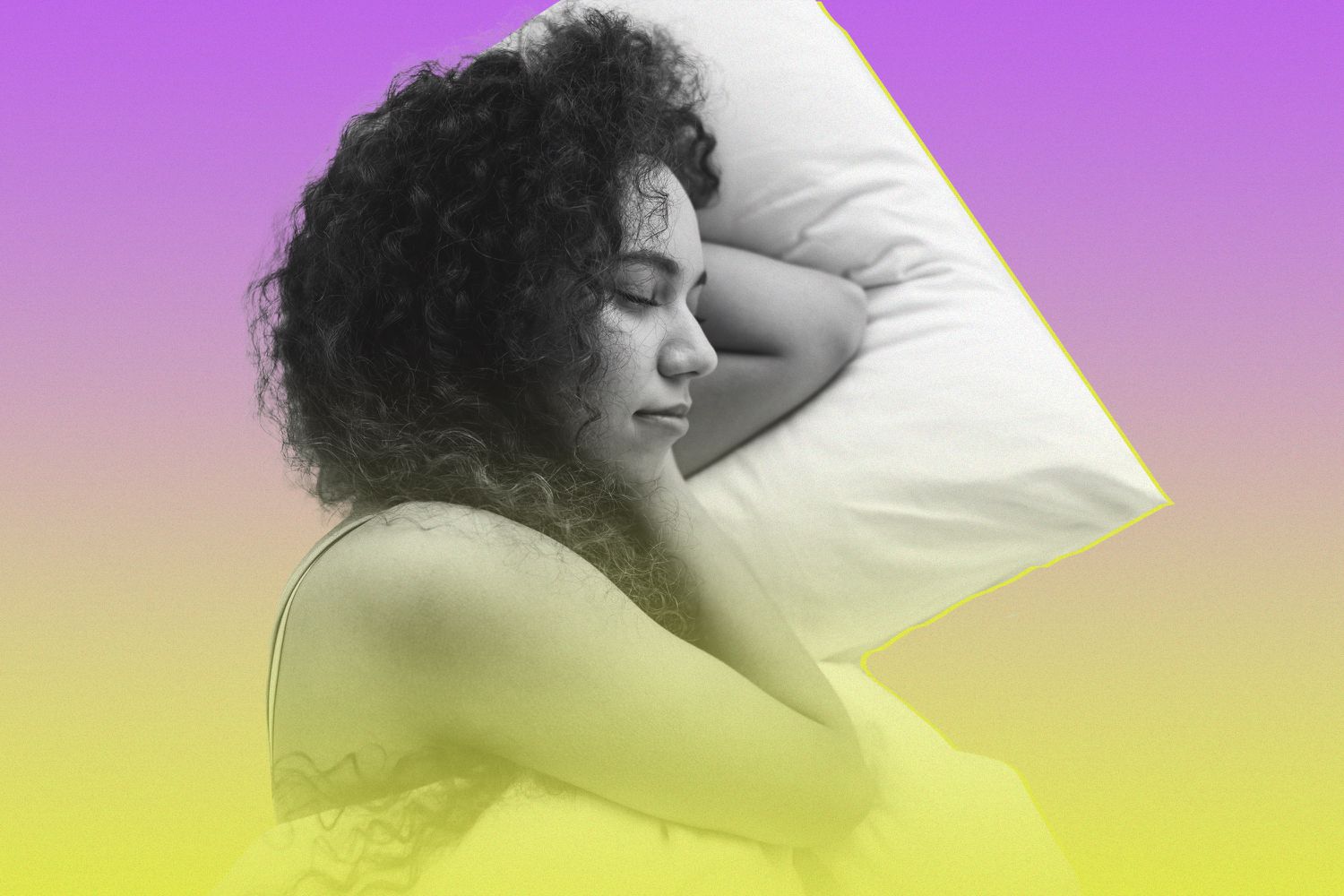Achieve Improved Sleep with 3 Easy Steps

Many people feel tired throughout the day, often as a result of not getting enough sleep.
Approximately one in three American adults is deprived of sleep, according to the U.S. Centers for Disease Control and Prevention (CDC). The optimal sleep duration is 7-9 hours per night. Despite getting the recommended amount of sleep, some individuals may need higher quality sleep. In a global study conducted by MyFitnessPal in November 2023, it was found that 23% of Americans classified their sleep quality as poor and about one-third stated their sleep quality has decreased within the past year, says Chris W Winter, M.D., a neurologist, sleep specialist, and spokesperson for MyFitnessPal.
In our technology-driven and hectic world, sleep tends to take a backseat, says Michael Breus, Ph.D., a clinical psychologist, sleep medicine expert and the founder of The Sleep Doctor. Many people delay their sleep, not setting aside enough time for good sleep after a long day.
Unfortunately, achieving a good night's sleep is not as simple as switching off a light. Sleep problems can be caused by medical conditions, stress, lifestyle choices, certain medications, and poor sleep routines, says Dr. Winter. However, you can break free from this cycle. The experts we spoke to suggested three simple steps can lead to improved sleep.
The meaning of "better sleep" can vary greatly from one person to another, as per Dr. Winter. It's like trying to define 'better eating' or 'being a better person.' Hence, it's crucial to define your personal sleep objectives.
You may want more energy at work to prevent dozing off in meetings or desire a sound sleep that doesn't force you to choose between sleeping in or working out. If you often wake up to use the restroom, you might want to reduce those visits.
With specific objectives, it's easier for your medical team to devise a personalized plan to improve your sleep quality. There are some basic tips that can make a positive difference for most people, no appointment needed.
Consistency in your routine can help your body adapt, including knowing when to relax and sleep, points out Dr. Breus. A regular wake-up time is crucial as it resets your body's 'melatonin timer.’ Melatonin is a hormone crucial for sleep. Consistency in its production can lead to better sleep.
Deep sleep is affected by circadian rhythms and routines, including sleep, wake-up, workout, and eating times. Hence, be consistent to improve sleep quality. An alarm set 1 hour before bedtime could help you maintain this routine, even during weekends. A gentle alarm mimicking the sunrise could help you wake up more naturally.
Regular exposure to morning light helps regulate our circadian rhythms for better sleep quality, says sleep neurologist Meredith Broderick, M.D., a member of the Ozlo Sleep medical advisory board.
According to Dr. Breus, roughly 75 percent of his insomnia-diagnosed patients have anxiety, which contributes significantly to their sleep deprivation. Anxiety can increase heart rate, blood pressure, and cognition, all of which are not good for sleep.
Ideally, our heart rates should be at 60 or below to enter a state of sleep, Dr. Breus explains, and if you’re feeling frazzled and your nervous system is on guard in fight-or-flight mode, this can be tough. Overscheduling, trying to 'have it all,' as well as amplified stress for whatever reason, can affect our arousal threshold, Dr. Broderick adds, making it more likely that we wake up in the middle of the night or have a lower sleep quality. A few simple daily actions can help you set the stage for better sleep:
An excess of fatty and spicy foods — and calories in general — can keep you up at night, the National Sleep Foundation says. On the flip side, foods and drinks that deliver a dose of vitamins, minerals, antioxidants, melatonin, and tryptophan tend to promote better sleep, per an April 2020 review in the journal Nutrients. A diet that features more carbs than fat also appears to be part of the Rx for how to get better sleep. (Pasta, anyone?)
At least for a few weeks, Dr. Winter recommends using a sleep app or tracker, such as WHOOP, and a food journal so you can compare your sleep data alongside what you ate and drank leading up to bed. This way, you can start to notice general trends regarding what tends to help you sleep better.
Beyond bypassing fiery and fat-rich foods in the hours leading up to sleep, remember that caffeine and alcohol are both highly disruptive to sleep quantity and sleep quality, Dr. Breus says. “Too much caffeine reduces our deep sleep and makes us more arousable, which results in lower quality sleep. Too much alcohol also reduces deep sleep and lowers sleep quality,” Dr. Broderick continues. Dr. Breus advises his patients to aim to reduce caffeine to once per day, about 90 minutes after waking up, and to cap any alcohol consumption, if they choose to imbibe, to a max of 2 drinks that conclude at least 3 hours before bed.




